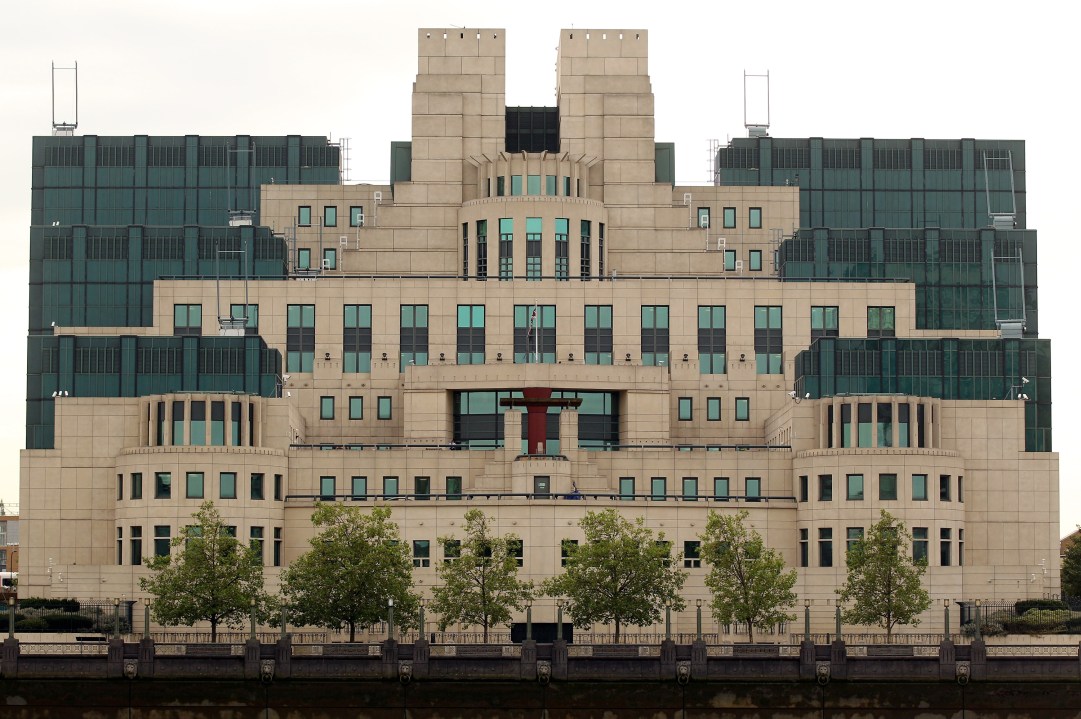 With Colonel Gaddafi’s compound lying in ruins and every self-respecting reporter
combing through the wreckage, it was only a matter of time before documents of a dictatorship became public. Most explosively, the BBC’s Jeremy Bowen has found letters to and from the Secret
Intelligence Service which suggest complicity in extraordinary rendition and, as was suggested on the Today Programme
yesterday, an unseemly chuminess with Libya’s spies.
With Colonel Gaddafi’s compound lying in ruins and every self-respecting reporter
combing through the wreckage, it was only a matter of time before documents of a dictatorship became public. Most explosively, the BBC’s Jeremy Bowen has found letters to and from the Secret
Intelligence Service which suggest complicity in extraordinary rendition and, as was suggested on the Today Programme
yesterday, an unseemly chuminess with Libya’s spies.
If any part of the British state took part in illegal acts – which extraordinary rendition is – then this is a very serious matter. But it should be said no evidence has hitherto been found of this by any number of inquiries. The Gibson Inquiry will now have look again, as is only right, and it must now follow any lead picked up in Tripoli. But it is probably wise to wait for a considered judgement on this rather than to conclude anything based on one or two letters.
One thing was, however, revealed yesterday: the BBC’s sneering attitude towards spycraft. Particular umbrage was taken to the friendly tone of the letters that were uncovered, with their “thank you”s and references to gifts exchanged.
Spies are paid to speak to other spies, get information from them, and trade it for what information they want to share. If they only spoke to nice people, they would hardly be worth the money we pay them. If they treated would-be partners like Libya’s Mussa Koussa in a standoffish manner, they would probably not be successful.
So I would want our spies to be chummy, when that’s needed and, in turn, cold-hearted when that’s required. Throughout their dealings, they must abide by the laws of the land, but not the BBC’s idea of espionage decorum.







Comments